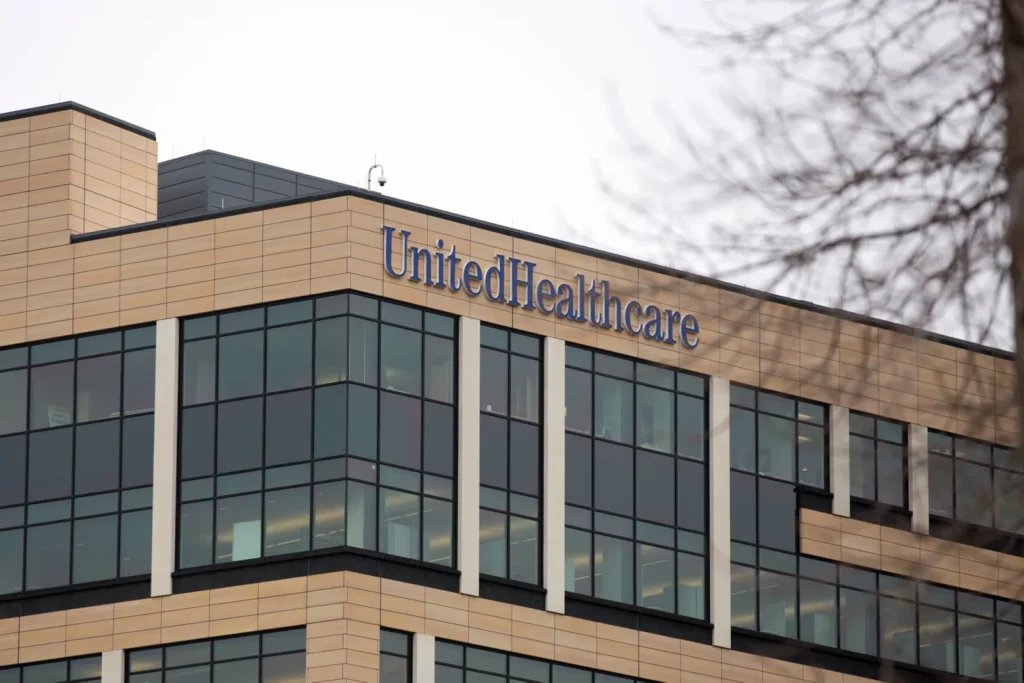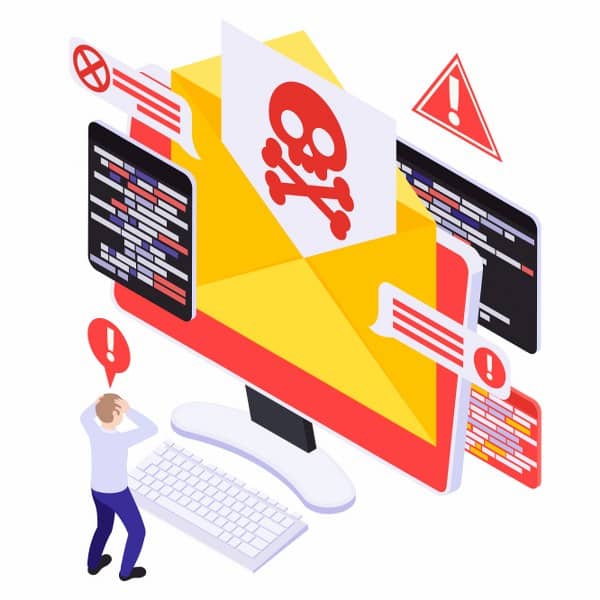Change Healthcare Finally Admits It Paid Ransomware Hackers: The Cost of Cybersecurity Failure
In the digital age, where data is the new currency and cyber threats loom large, the recent revelation by Change Healthcare that it paid ransomware hackers has sent shockwaves through the healthcare industry and beyond. The admission, though unsettling, sheds light on the harsh realities of cybersecurity vulnerabilities and the costly consequences they entail. Let’s delve into the intricacies of this alarming development.
Change Healthcare, a prominent player in the healthcare technology sector, found itself in the eye of the storm when it disclosed that it succumbed to a ransomware attack. The company, which provides technology solutions to healthcare organizations, revealed that it paid a hefty sum to cybercriminals to regain access to its systems and prevent the exposure of sensitive data. This admission marks a significant departure from the conventional stance of not negotiating with ransomware perpetrators—a stance often advocated by cybersecurity experts and law enforcement agencies.
The decision to pay the ransom underscores the severity of the situation Change Healthcare faced. In the aftermath of the attack, the company likely confronted the grim reality of compromised operations, potential data breaches, and the looming threat of reputational damage. Faced with such dire circumstances, the calculus tilted in favor of paying the ransom as a means of mitigating the immediate impact and restoring normalcy to its operations.
However, the ramifications extend far beyond the financial toll of the ransom payment, which reportedly amounted to a staggering sum. Change Healthcare’s acknowledgment of the incident raises pressing questions about the efficacy of its cybersecurity measures and the broader implications for the healthcare industry’s security posture. The healthcare sector, entrusted with safeguarding sensitive patient information, is increasingly becoming a prime target for cyberattacks due to the high value of healthcare data on the black market.
Moreover, Change Healthcare’s admission serves as a stark reminder of the pervasive threat posed by ransomware attacks and the critical need for robust cybersecurity defenses. In an era where digital transformation is revolutionizing healthcare delivery, the reliance on interconnected systems and electronic health records makes the sector particularly susceptible to cyber threats. The repercussions of a successful ransomware attack extend beyond financial losses, encompassing patient safety, trust, and the integrity of healthcare systems.
The incident underscores the imperative for healthcare organizations to adopt a proactive approach to cybersecurity, rather than a reactive one. This entails investing in state-of-the-art technologies, implementing robust security protocols, and fostering a culture of cyber resilience across all levels of the organization. It also necessitates collaboration between industry stakeholders, government agencies, and cybersecurity experts to enhance threat intelligence sharing, incident response capabilities, and regulatory compliance.
Furthermore, Change Healthcare’s experience underscores the need for greater transparency and accountability in cybersecurity matters. While the decision to pay the ransom may have been driven by exigent circumstances, the company’s subsequent disclosure sets a precedent for honesty and openness in dealing with cyber incidents. Transparency not only builds trust with stakeholders but also facilitates collective learning and knowledge-sharing to bolster cyber defenses industry-wide.
In the wake of this revelation, Change Healthcare must embark on a comprehensive review of its cybersecurity posture and remediation efforts. This includes conducting thorough forensic analyses to ascertain the extent of the breach, fortifying its defenses against future attacks, and enhancing employee training and awareness programs. Additionally, the company must engage in proactive communication with customers, partners, and regulatory authorities to assuage concerns and demonstrate its commitment to safeguarding sensitive data.
Ultimately, the admission by Change Healthcare serves as a wake-up call for the entire healthcare industry to prioritize cybersecurity as a fundamental pillar of its operations. In an increasingly digitized and interconnected world, the cost of complacency can be exorbitant, with far-reaching implications for patient safety, data privacy, and organizational resilience. By learning from this sobering experience and taking proactive steps to fortify their defenses, healthcare organizations can better protect themselves against the ever-evolving threat landscape of cybercrime.
Change Healthcare’s acknowledgment of paying ransomware hackers underscores the urgent need for heightened cybersecurity vigilance and resilience in the healthcare sector. While the incident may have dealt a blow to the company’s reputation, it also presents an opportunity for introspection, improvement, and collective action to safeguard the integrity of healthcare systems and the confidentiality of patient data. As we navigate the complexities of the digital age, the lessons learned from this episode must serve as a catalyst for positive change and a renewed commitment to cybersecurity excellence.






